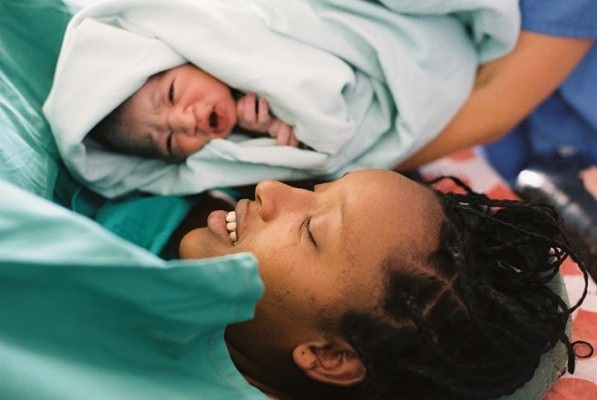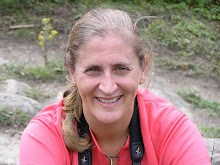Sunday, 28 February 2010
Tidying up & rethinking the location-specific implication of Down's syndrome...............
Friday, 26 February 2010
I won't be switching to General Practice in the foreseeable future......................
Sunday, 21 February 2010
Feeling a welcome guest..................
Saturday, 20 February 2010
Sorry about the inability to accept comments on my blog
Always remember to look at the bigger picture.................
Monday, 15 February 2010
I apologise for this entirely necessary weekend of self indulgence.......
February 15th
So the weekend that I seem to have been waiting for ever since I arrived in Ethiopia has been and gone in a flash.
Thankfully my journey back to Addis was uneventful although longer (11-hours) as the four-wheel drive vehicle is still under repair having had a close encounter with an ox some weeks ago (new part are slow to arrive and body-work repair takes forever I am told) so a different driver with a sturdy but slow mini-bus was enlisted to deliver me to my destination. Doing the journey as the only passenger in a minibus created a new feeling of guilt about being well off in a very poor country as almost all minibuses on the road are a stopping bus/taxi service and are overflowing with people and cargo. In spite of the fact that the bus was a different colour to the usual stopping services (all taxis and buses are painted blue and white which I assume must be some sort of regulation as it is so strictly adhered to in Addis, Gimbi and all the places in between), people constantly ran to the roadside and tried to flag us down throughout the journey and seemed disappointed that we didn't stop for them and their goats, fire wood bundles, numerous water canisters or whatever else they were transporting.
The second piece of transport good news was that Mark's flight on Air Ethiopia arrived on time rather than encountering some sort of delay for which the airline is notorious. Unfortunately the website I was tracking the flight arrival time on seems to have gone on past performance and so showed the flight as arriving 20 minutes late rather than the 30-minutes early that was the reality- this resulted in me not being there to meet him as he sped through immigration (multiple entry tourist visa obtained in advance), bank (he assumed incorrectly I would have money), baggage collection (terminal 5 could learn a thing or two from the baggage handling in Bole international airport which is very fast) and customs (he seems to have walked so fast no-one managed to stop him to try to interview him about the bit of obstetric equipment in his bag lucky as on questioning he would have been forced to reveal he had not the foggiest clue about purpose) and got from the gate to the arrivals area in 15minutes. Thankfully his initial grumpiness as documented in a series of "where are you?" texts (and an accusation that I appeared to be living on "Ethiopian" time schedules already) quickly disappeared once I arrived in person.
We had a great weekend, relaxing together, getting uncharacteristically rather sun-burned (never under-estimate the equatorial sun even when cloudy), swimming, eating good food, drinking goodish wines, pretending to do a bit of culture with one museum visit to see "Lucy", the replica skeleton of a 3million year old biped, lost-link ancestor found in Ethiopia and of course filling one another in on the events in both our lives over the last six weeks (there was plenty to tell on both sides describing very different life styles resulting in virtually non-stop talking for 2-days). The only problem of course was that like all much anticipated good things it all passed far too quickly. I have also enjoyed soaking in a bath (rather than my hand-held shower), having a massage, wearing clothes other than "scrubs" for a few days, having clean feet rather than red from the Gimbi dust, sleeping in a bed with a proper mattress & bedding and abandoning my detox diet for a few days with meat, red wine/G&Ts (definitely out of practice) and chocolate! Mark has also supplied me with a number of food special requests (like pesto, parmesan and mayonnaise) that should ensure I lose less weight in the second half of my trip that I have in the first six weeks.
So Mark flew back this morning (brief return of home-sickness but I pulled myself together) and I have a couple more days in Addis before the journey to Gimbi on Wednesday in the company of Marie, a new midwife (arriving for a 9-month stay at the hospital) and two journalists (arriving for a 1-2week stay)-all from Denmark where there is the another branch of Maternity Worldwide.
I expect to be back in the thick of it on Thursday and so will resume my blog with more interesting & charitable tales of others rather than the self-indulgence described in this posting!

